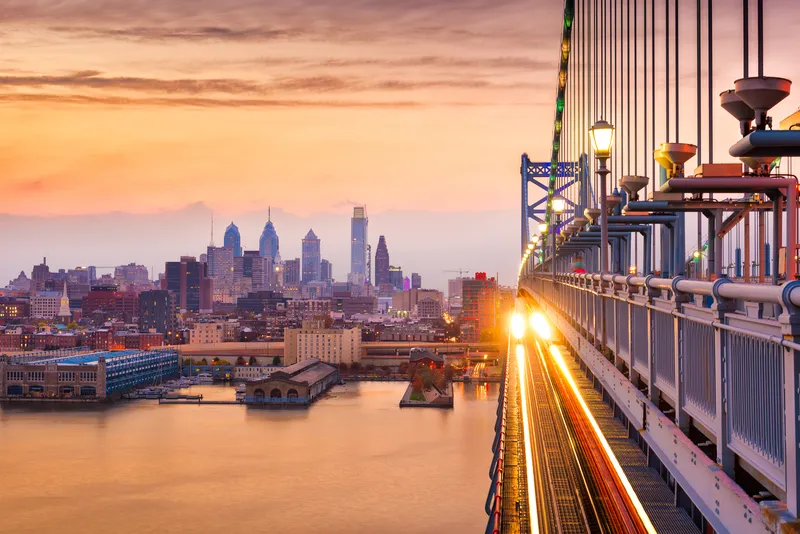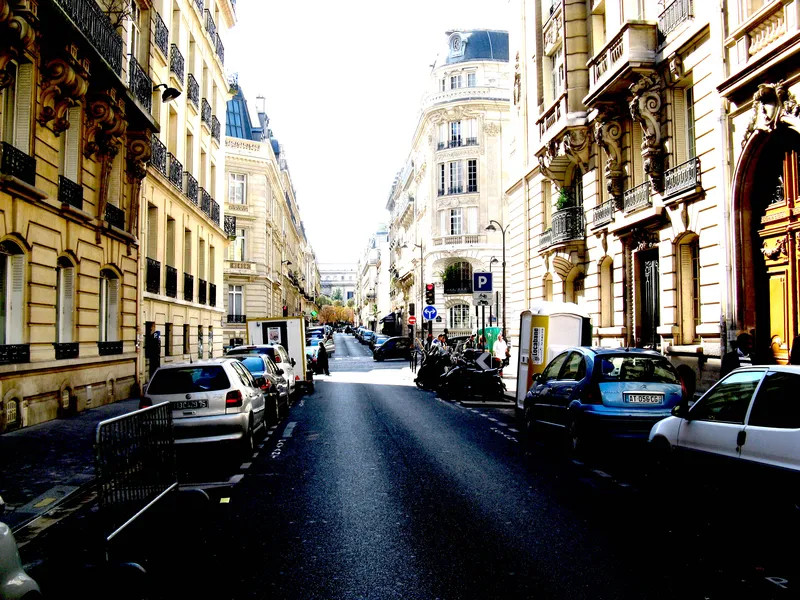One pilot will test a 200-foot-long piece of asphalt on UC-Merced’s campus, which is designing a 200-foot stretch of asphalt that will be sowed with inch-wide piezoelectric generators, which will be stacked within arrays below the road where it is hoped they will convert the force of passing cars into a small electrical charge.
The resulting electricity could be used to power nearby lights and signs, stored in batteries or sent to the grid, Sun said. The more traffic there is, and the heavier the vehicles are, the more power can be created. Some state estimates suggest that just 400 cars an hour would need to pass over the arrays to make them economically viable.
The second experiment will be built by the San Jose green technology company Pyro-E. The company's technology is expected to generate enough power to supply 5,000 homes using less than a half-mile of piezoelectric highway.
Both pilot programs are expected, within two to three years, to be able to give California officials an idea whether the effort should be expanded. By developing new technologies like piezoelectricity, the Energy Commission is looking to help meet the Legislature’s target of producing 50 per cent of the state’s power from renewable sources by 2030.
California aims to generate electric power from traffic congestion
California is planning a US$2.3 million initiative that will generate electrical power from traffic, according to the San Francisco Chronicle. The California Energy Commission recently voted to fund two piezoelectricity projects, which convert pressure into power. One pilot will test a 200-foot-long piece of asphalt on UC-Merced’s campus, which is designing a 200-foot stretch of asphalt that will be sowed with inch-wide piezoelectric generators, which will be stacked within arrays below the road where it is
April 20, 2017
Read time: 2 mins
California is planning a US$2.3 million initiative that will generate electrical power from traffic, according to the San Francisco Chronicle. The 4259 California Energy Commission recently voted to fund two piezoelectricity projects, which convert pressure into power.









